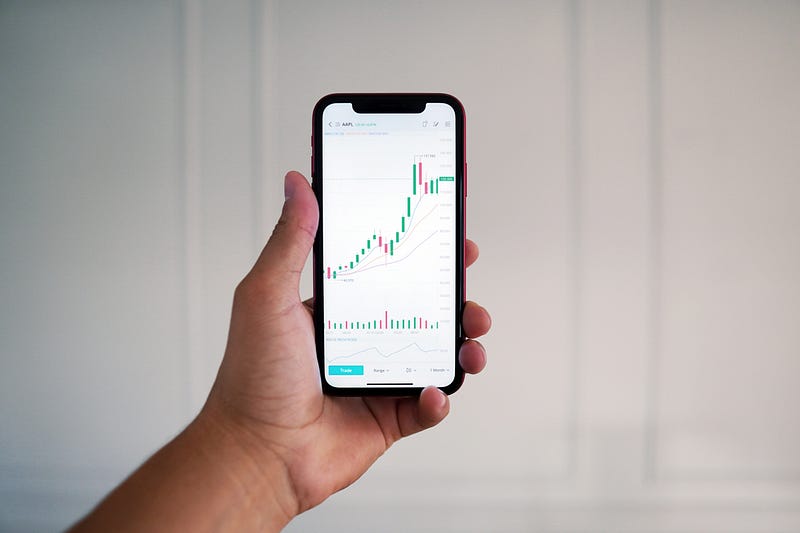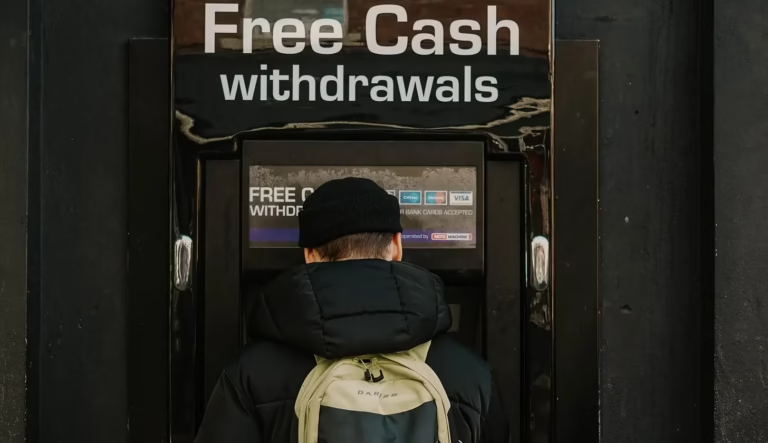Inflation favors those who already own assets
In the last two years, it has been tough to be a landlord. I know that some people especially if you have been a tenant most of your life might wonder why it could be important to you. Do you really need to be concerned about landlords?
The image of landlords is notoriously bad, mainly because only the bad stories and the mistreatment of tenants get reported in the media. You never read or hear anything about the millions of tenants who live in their apartments or houses and are happy with the rent, the property, the locations, etc. It’s a form of confirmation bias — if you keep hearing one thing over and over, you tend to think it must be prevalent (not true) and it must be generalizable to all landlords (also not true).
Why have landlords suffered recently? Well, depending on what properties they owned, they had the following issues to deal with:
- If you own anything related to retail (except food), office complexes, malls, etc., your properties have been shut down by the government, the tenants could not operate, and often could not pay the rent. As the landlord, you still had to pay all your obligations and the government programs for forbearance did not apply to you. One of the largest mall operators just declared bankruptcy.
- If you own commercial residential properties (apartment complexes), you also could not benefit from most government relief programs and your tenants could not be evicted in case they did not pay. Yes, you still are legally entitled to the unpaid rent, but it will be very hard to collect it. People who can pay their rent normally do.
- If you own traditional residential properties (like we do and recommend for you to buy and own), you might have back-rents but at least you could theoretically put some of your obligations on forbearance. Still, same as commercial-residential, it will be hard to collect missed rent. If you are lucky, you might get some of your tenants to apply and receive some rent relief checks that they can then send to you for any missed rents from the last 18 months.

In either case, you probably did not make nearly the money you had planned when you bought the properties — unless…
Unless you actually did a great job selecting your tenants so you had little to no rent payments missed. That is what happened in our portfolio and we are proof of the importance of tenant selection. It’s one thing to preach and recommend something, but when you can prove it, it brings great validation.
Overall, the last 2 years haven’t been easy and some people might ask: Is it a good idea to buy properties with the intention to rent them?
I believe it is a good idea and maybe even a better idea than in the past.
It’s always hard to predict the future (we all learned that in 2020.) Data, on the other hand, can help us make decisions. Here is what some industry experts published:
“SEATTLE, April 19, 2021 /PRNewswire/ — QuoteWizard®, a LendingTree company, and one of the nation’s leading online insurance marketplaces released a new report on the increase in U.S. housing costs. These rising costs are making even the average American home more unaffordable. Our team of industry analysts found that over the last decade, the median price of a home is up nearly 70%. The median income, however, is up less than 30% over the same time period.”
It’s important to recognize these findings because we all experienced a strong increase in prices for homes. That’s also true for many other things we want to buy — inflation is back.

As prices for homes keep increasing and bidding wars have broken out in many cases, fewer and fewer people will be able to afford a home.
Yes, interest rates are low but lending standards are much stricter than they used to be 5 or 10 years ago. Banks don’t want to take risks, especially when they know that they are not going to make a lot of money on a loan anyway.
That means you as an investor and landlord will encounter more and more people who like to live in your properties but could not buy them. The pool of potential tenants is increasing.
Some experts also point out that we have cycles in our lifetime where we are following cultural norms (or challenge them.)
One of those cycles is the transition from tenant lifestyle to owner lifestyle. It could be for preparation for retirement (not having to pay for a place when you own it outright), or for equity development in appreciating markets or other reasons.
If people in their early 30’s to mid/end 40’s don’t acquire homes or apartments as owners, they often get used to tenanting and see it as their way of life. People in their 50’s or 60’s who never in their live owned a house or condo are not very likely to start late in life. They see the benefits of not being responsible for keeping the property in good shape and having the convenience of just paying monthly rent.
The demographic shift, combined with the increases in costs to own houses and associated low inventory, will lead to more and more people staying in the tenant pool rather than leaving it.
As an investor, regardless of whether you already own properties or are acquiring well-performing properties, it’s a nice prospect to look forward to. There will be more and more people who live as tenants all their lives. They might as well live in your properties.
In case you are skeptical that this could happen, just look to Europe. In many countries, the rate of homeownership (including apartments) is much lower than in the United States. Germany is probably the most extreme example. Only about 51% of people have ownership and only about 20% of that is in actual houses. Most of it is owning apartments or condos. The shining house on the hill with the white picket fence somehow is not very common.
I am not expecting the US ownership rate to get that low, but as home prices increase and wages don’t keep pace, it’s feasible that residential real estate investors will have a growing pool of tenants for many years to come.





